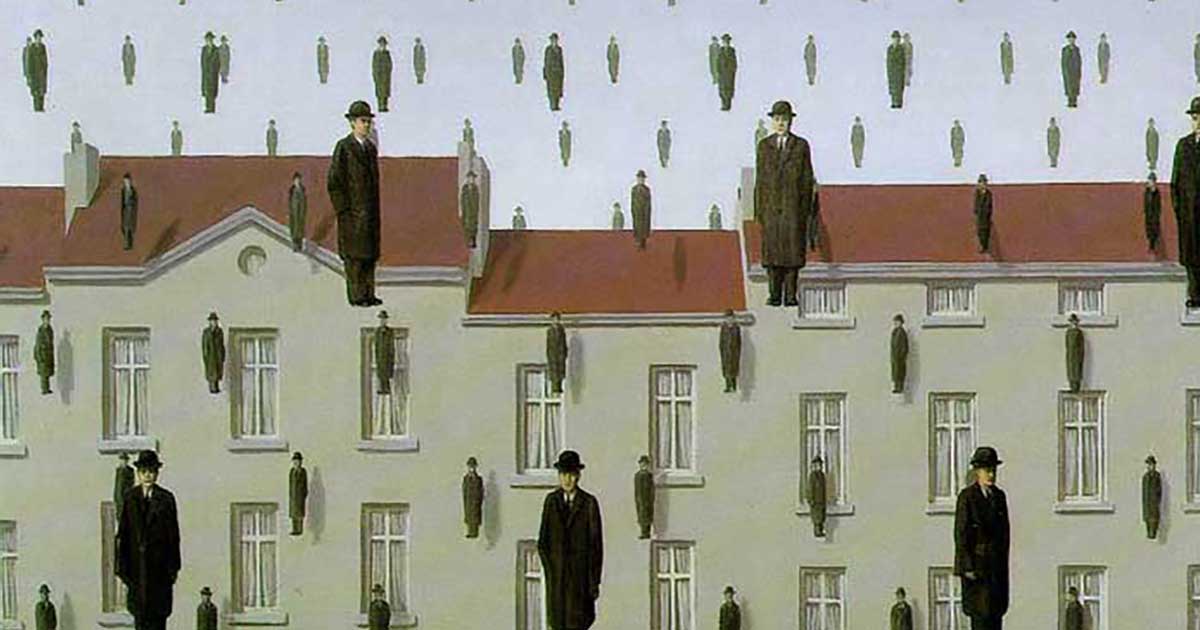
READ MORE: The future of the creator economy in a Web3 world (VentureBeat)
Are we really in the midst of a profound shift in the centuries-old power dynamic between employee and employer? Could reward for labor finally be equitable and not dominated by capital? It’s the Marxist fantasy re-introduced by venture capitalists, hailing the promised land of Web3.
Another such argument comes from Nobu Iguchi, cofounder and managing partner at Agya Ventures — a VC operating in real estate (virtual and real).
Writing at VentureBeat, Iguchi says, “Web3 will enable a world where people can make a living by producing work that they have direct ownership over without the dependency on centralized third-party organizations that exists today.”
This is the rise of the “creator economy,” a reforming of the traditional grossly uneven relationship between worker and capital.
CRUSHING IT IN THE CREATOR ECONOMY:
The cultural impact a creator has is already surpassing that of traditional media, but there’s still a stark imbalance of power between proprietary platforms and the creators who use them. Discover what it takes to stay ahead of the game with these fresh insights hand-picked from the NAB Amplify archives:
- The Developer’s Role in Building the Creator Economy Is More Important Than You Think
- How Social Platforms Are Attempting to Co-Opt the Creator Economy
- Now There’s a Creator Economy for Enterprise
- The Creator Economy Is in Crisis. Now Let’s Fix It. | Source: Li Jin
- Is the Creator Economy Really a Democratic Utopia Realized?
As essayed by Iguchi, most work today means working for a larger organization where employees retain little autonomy over the type of labor they do and how they execute it.
The recently emerged gig economy “enables employees to complete smaller, more manageable tasks on an ad-hoc basis — like working in food delivery.” While this model of work improved flexibility and employee autonomy, Iguchi rightly points out that most workers are still heavily dependent on their employers (and workers have also traded away rights like holiday, pension, salary, health benefits).
In the utopian scheme of the creator economy, “creators do not require a parent company to act as an employer; they are able to work when they want, produce whatever content they please, and have full autonomy over how they monetize their content.
“This new ownership structure is symbolic of a greater power shift in the employer-employee dynamic,” Iguchi says. “The creator economy principles — ownership of work, decentralization, and flexibility — run in parallel with the emergence of Web3.”
YOUR ROADMAP TO WEB3:
Does web3 offer the promise of a truly decentralized internet, or is it just another way for Big Tech to maintain its stranglehold on our personal data? Hand-picked from the NAB Amplify archives, here are the expert insights you need to understand web3’s potential and stay ahead of the curve on the information superhighway:
- Magnificent Obsession: Why Are We in Love With Web3?
- Web3 and the Battle For the Soul of the Internet
- Web 2.5 Is Just… Awkward
- Avatar to Web3: An A-Z Compendium of the Metaverse
- Brave New World? Sure, Just Click Here
As the world moves closer to the next generation of the internet over the next few years, we can expect to see increasing overlap between the creator economy and Web3.
In theory, Web3 will enable creators to not only own their content on existing social platforms, but also own a part of the platform they produce and distribute content on. Content can begin to be creator-owned and platform-agnostic through the use of NFTs, which act as proof of ownership and validate the content’s authenticity.
Creators will also play a key role in the metaverse. “In addition to participating in it, creators can develop parts of the metaverse with either no-code tools or technical background.”
What Iguchi calls “metaverse creators” will likely grow to become an active and profitable vertical of the creator economy in the years to come.

The VC caveats all of this Garden of Eden stuff by recognizing that “the intersection of the creator economy and Web3 is still nascent and its future is uncertain,” but holds to the view that “if executed well,” the Web3 ethos and emerging technologies could have massive implications — not just for creators but the future of work as a whole.
THE ABCs of NFTs:
Are NFTs just more hype, or are they actually the building blocks of the creator economy? Understanding blockchain technology can seem like a lot, but NAB Amplify has the expert knowledge and insights you need to remain at the top of the intersection of art and technology:
- NAB Amplify’s NFT Primer
- What’s the Real Future of the NFT Crypto Art Market?
- Weird Science: The Connection Between NFTs and… Human Nature?
- What Is the Value of an NFT?
- NFTs: Content Strategy or Digital Craze?


